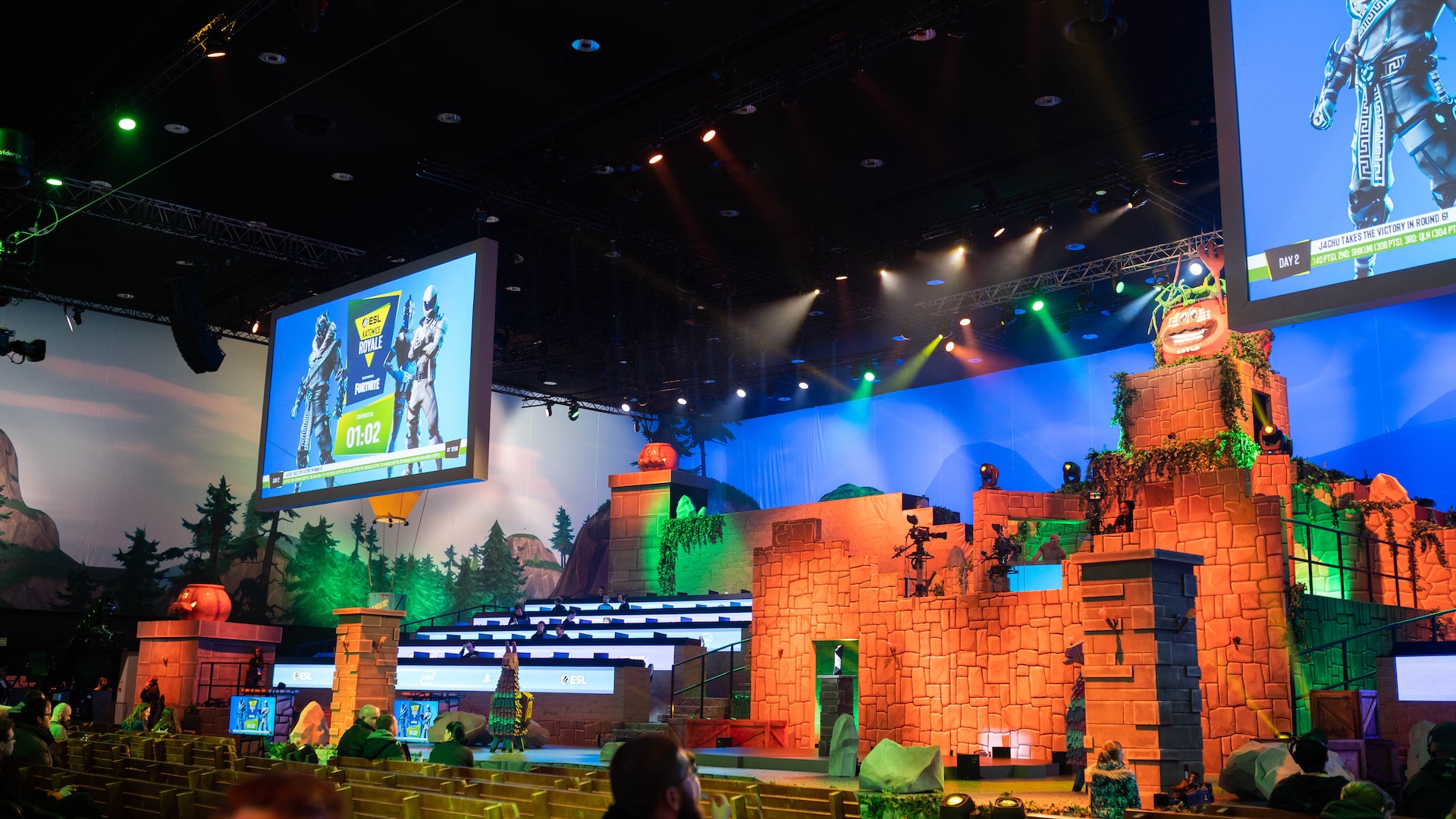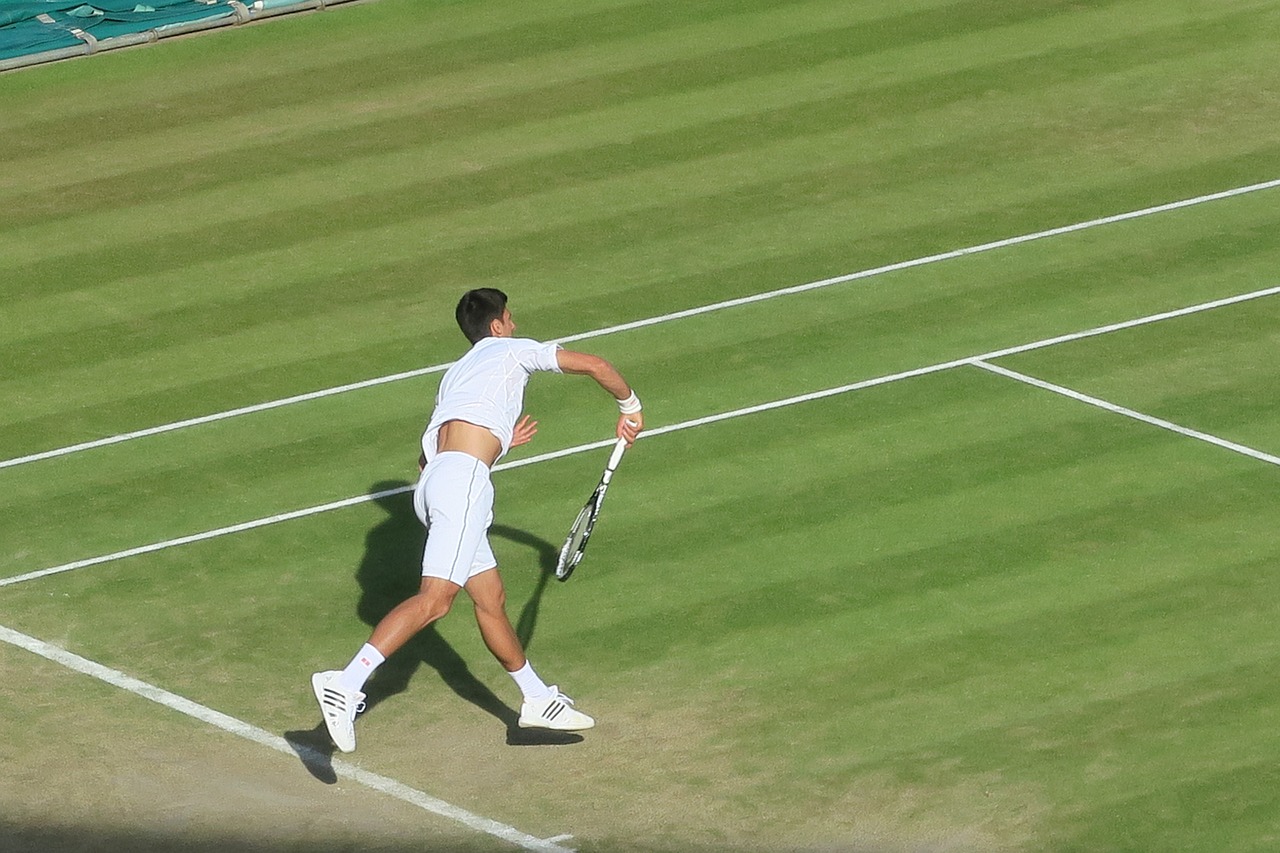The idea that eSports should be included in the Olympics is a hot topic of debate. Some people will say it’s a waste of time, while others say it’s an opportunity to expand the reach of traditional sports. In this article, we’ll look at what eSports are and why some people think they should be included in the Olympics. We’ll also explore whether or not it makes sense for eSports to become part of traditional sports events like the Olympics.
What is eSports?
eSports is a form of competition that is played by two or more players in which the players’ performance determines the outcome. The competitions may be between individuals or teams and can be either non-physical (e.g., eSports tournaments) or physical (e.g., sports). Most commonly, eSports involve video game competitions. However, they may also include competitions based on other types of games, such as card games or board games.
The term “electronic sport” was coined by Walter Day in 1972 when he founded Twin Galaxies, an organization that kept track of high scores in arcade games. In 1980, Kurt Stenzel founded Upright Arcade Games, which became a prominent distributor of coin-operated video games, including pinball machines and pool tables, until closing down in 1998 due to increased competition from home video game systems.
Why would the Olympics want to include eSports?
The Olympic Games are a critical part of the IOC’s mission to promote peace and respect among all people. If eSports were to be added, it would help bring together youth worldwide. A key demographic for an organization that relies on sponsorships for revenue.
The Olympics also has an opportunity to reach new audiences through eSports by using digital platforms such as social media and streaming services like Twitch (which Amazon acquired in 2014). By promoting their own events, they could further engage with viewers who may not tune into traditional broadcast channels during prime-time hours on TV or cable networks like NBCSN or ESPN2 during primetime hours at night when most sporting events take place.
Should the Olympics include eSports?
The Olympic Games are meant to be a celebration of sport and the human spirit. They’re about physical fitness, teamwork, and discipline. Not competition.
Athletes are not judged on their mental prowess or intelligence. They’re only evaluated based on their physical performance during competition. So why would eSports be any different? There’s no way an eSports player could compete in the Olympics without being able to physically compete with other athletes (the same goes for chess players).
But what about other sports that have been added to the Olympics over time? Those events were added because they required skill but did not require actual physical exertion on behalf of participants. For example, archery requires skill but does not demand much physical exertion from archers. Curling requires strategy but does not require much physical exertion from curlers, etc. In contrast, competitive video gaming requires mental acuities and excellent hand-eye coordination!
It may be worth considering if you can get over the idea that eSports are not traditional sports.
It may be worth considering if you can get over the idea that eSports are not traditional sports.
The Olympics are about the spirit of competition, promoting peace, and celebrating the best of humanity. It’s about promoting health and fitness, fair play, sportsmanship, and teamwork. These are all things that eSports share in common with traditional athletics. And they’re also things that have been missing from our modern sporting landscape for far too long.
As we’ve already seen football becoming more popular in America thanks to its inclusion in this year’s World Cup tournament. Adding eSports would undoubtedly bring new fans into our stadiums who might never have been interested before!
Conclusion
The Olympics are a great way to bring people together and showcase some of the best athletes in the world. However, it’s important to remember that they aren’t just about traditional sports like track and field or swimming. If eSports can get over their image problem as not being “real” sports, then there may be room for them at future games, especially given the rapid evolution of eSports as a global phenomenon.















